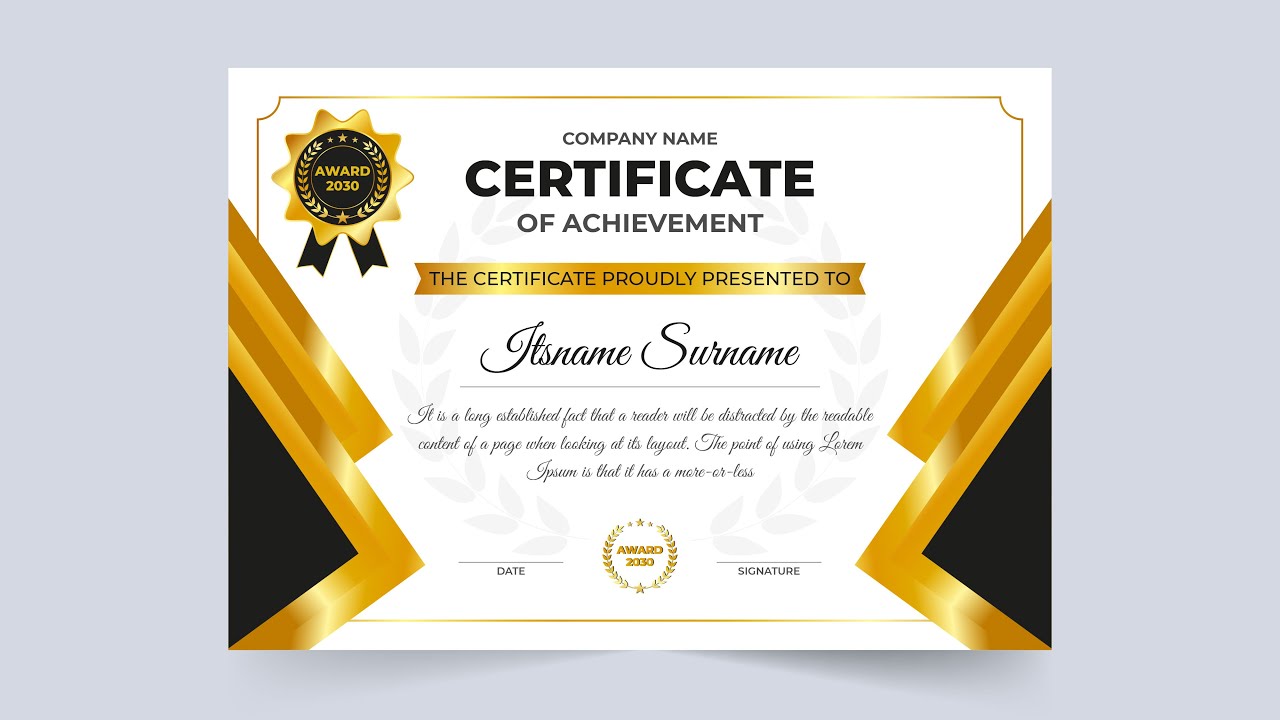Exams are frequently used in educational institutions as one of the assessment tools to test their knowledge and understanding on a particular subject/area. On the one hand, they form a useful tool for appraising what has been learned but on the other are fraught with weaknesses and create stress among pupils.
The Purpose of Exams
Evaluation of Learning and Skills: Exams determine how much a student knows as well as the skills he/she has learnt.
Motivate: They can motivate students to read and prepare for assessments.
Incentivisation: If the students know exams would not be conducted, they might lose their interest to study and learn but through such a accountably measure we remind people how important it is for both student self learning as well as teacher teaching.
Selection & Placement: College Admissions and Job Placements via Standardized Tests.
The Drawbacks of Exams
1] Stress and Anxiety: Students often deal with a lot of stress, particularly because there is immense pressure for good performance.
Limited Evaluation: Exams evaluate only remembering capacity and mostly the test goes into rote learning for gulping, problem-solving skills are kept at an off sideline.
Culture: This type of exam which tends to favor one culture over another.
Cheating and Academic Dishonesty: The stress to excel is such that the advanced learner feels it near impossible not to cheat.
Alternative ways of assessment
To overcome the shortcomings of traditional tests, educators are thinking about alternative ways to do assessment:
Projects and Presentations: Assess student creativity, teamwork amongst others.
Portfolios Portfolios facilitate an opportunity for students to present their work over time to highlight progress and enhancement.
Performance-Based Assessments: this high-stakes evaluation asks students to perform a task in real-life situations where they can use their knowledge and skills.
Self- and Peer-Assessment: Where students can critically assess their work and the work of others.
The Future of Exams
Examinations as they are envisioned in the future might include a mix of conventional and unconventional assessment but are probably here to stay. Technology: conducting (more fun) assessments and of course personalized ones Furthermore, the role of formative assessment is becoming increasingly prominent (Assessment Reform Group 1999).
is aimed at giving students bite-sized feedback that they can use to get better as soon as possible.
Although exams are great anything in excess is bad, so use the tool wisely and alongside other methodological assessment tools. Ethical educators can build a more intentional assessment system that embraces multiple measures of student learning, and meaningful teacher practices by leveraging traditional methods with innovative approaches. j



